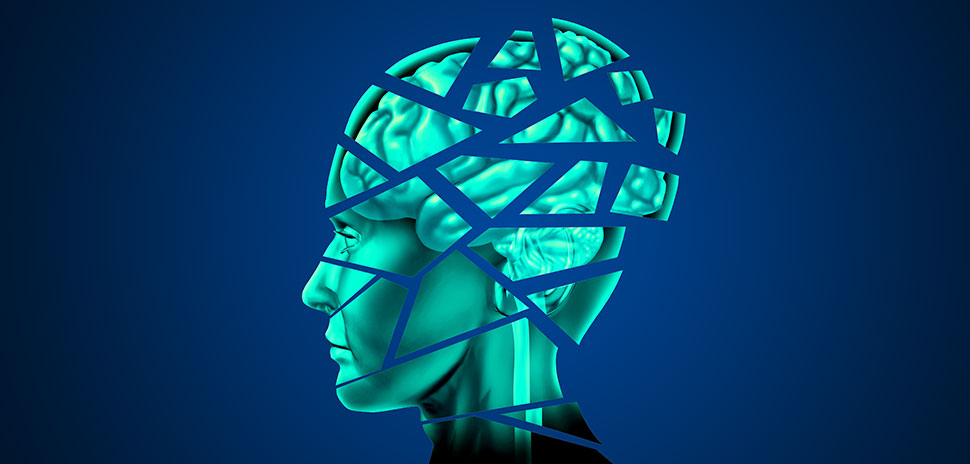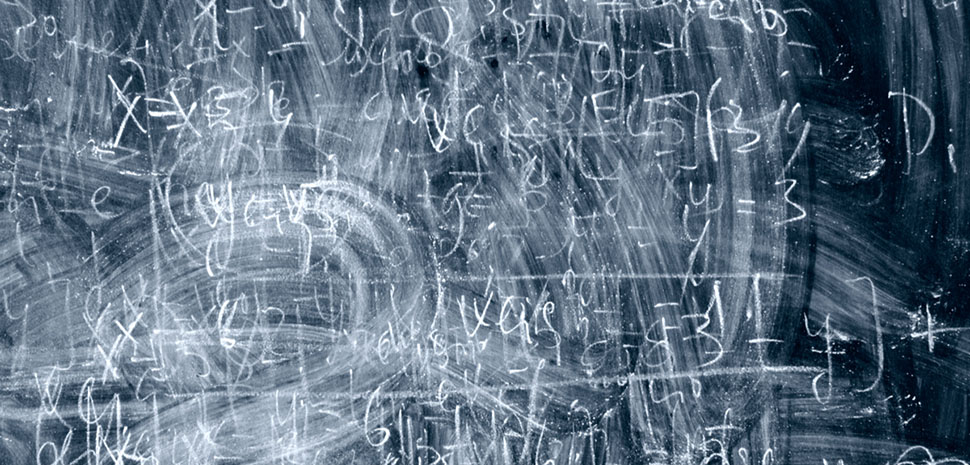CNN recently reported that concussions have been on the rise for American youth, this according to the new Health of America Report released by Blue Cross Blue Shield (BCBS). The piece notes a 71 percent increase in rough-sports-related concussions for youth ages 10 to 19 since 2010.
While these numbers may seem grim, what we have learned and implemented because of them is a brain-changer. Since 2010, we have gotten much better at recognizing, detecting, treating, and working to restore the brain after injury when before efforts were minimally existent. Thanks to scientific breakthroughs and other reports shining a light on this major issue, concussions and brain injury have risen to the forefront of our dinner table conversations and made front page news.
National and local organizations representing youth, collegiate and professional sports have teamed up with health care professionals, patient advocates and others to develop innovative and collaborative ways to optimize brain health, to build brain reserve prior to injury, and to address mitigating short and long term effects of concussions. Right here in Dallas, research scientists and medical minds are making extraordinary headway to put brain health in center focus of sports safety.
INVESTIGATING PROTOCOLS TO IMPROVE COGNITIVE DEFICITS FROM CONCUSSIONS
We, at the Center for BrainHealth, part of The University of Texas at Dallas, have a long-standing relationship with collaborators at Baylor College of Medicine to address long-term deficits in children and teens recovering from brain injury. Soon, we will also be recruiting youth to take part in a clinical trial investigating protocols to improve persistent cognitive deficits following concussion.
Chief of neuroengineering at the Center for BrainHealth and director of the Texas Biomedical Device Center at UT Dallas Dr. Rob Rennaker, is working with Texas Instruments to develop and test an early detection system for concussions, which includes a triage component to evaluate players on the sideline and detect quantifiable physiological changes to objectively monitor recovery following a concussion.
In Frisco, Texas Scottish Rite Hospital for Children broke ground on its new campus that will be anchored by the Center for Excellence in Sports Medicine, providing specialized treatment for sports-related concussions. Baylor Scott & White Health, the Dallas Cowboys and Frisco ISD are teaming up to provide a brain injury program that includes a concussion assessment and management program. Through their partnership, a concussion specialist will be on the sidelines of every Frisco ISD football game played at The Star.
Colleagues at UT Southwestern Medical Center launched CON-TEX, a collaborative initiative with Children’s Medical Center Dallas, Texas Scottish Rite Hospital for Children, Texas Health Ben Hogan Sports Medicine clinics and researchers from UT Dallas, to follow people as young as 5 who have experienced a concussion. And just this month, UTSW researchers were part of a collaborative imaging study showing that players ages 8 to 13 who have had no concussion symptoms still show changes associated with traumatic brain injury.
Still, there is much work to be done to remove the stigma from acknowledging a brain injury and urging players to be more responsible for their one and only brain and its health. Scientists, researchers and medical professionals must also continue exploration of better objective guidelines to detect, monitor, and determine return to school and return to play.
FACTS, BEST PRACTICES FROM RESEARCH ON CONCUSSIONS
Getting better at identifying and proactively treating residual effects of concussions requires innovative interdisciplinary approaches. Here are a few key facts and best practices from the latest scientific discoveries:
- Every concussion is unique. In most cases, an individual will recover after a concussion given proper monitoring, management, therapy and time to heal.
- Prior to starting play each season, establish baseline cognitive performance and neurophysiological measures so that if a player is injured, there will be a clear target for recovery.
- Having a clear process for handling concussions increases the likelihood of recovery; care, concussion management and treatment should be individualized to the youth-athlete.
- At the end of regular-season play, comprehensively reassess cognitive performance and neurophysiological brain health to determine whether the player maintained his or her baseline performance.
- Monitor cognitive and emotional symptoms annually, even if the player has recovered, to immediately address any later-emerging deficits.
The incredible breakthroughs gleaned from studying brain injuries after concussion is that the more we learn, the better able we are to protect and repair the brain. Once again, Texas, and Dallas, are at the forefront of global innovation to strengthen the brain prior to injury; researching and developing technologies to detect damage and monitor brain recovery; and collaborative efforts to place the brain at the center of health when injured through restorative treatments and long term follow-up care.
Delivering what’s new and next in Dallas-Fort Worth innovation, every day. Get the Dallas Innovates e-newsletter.































